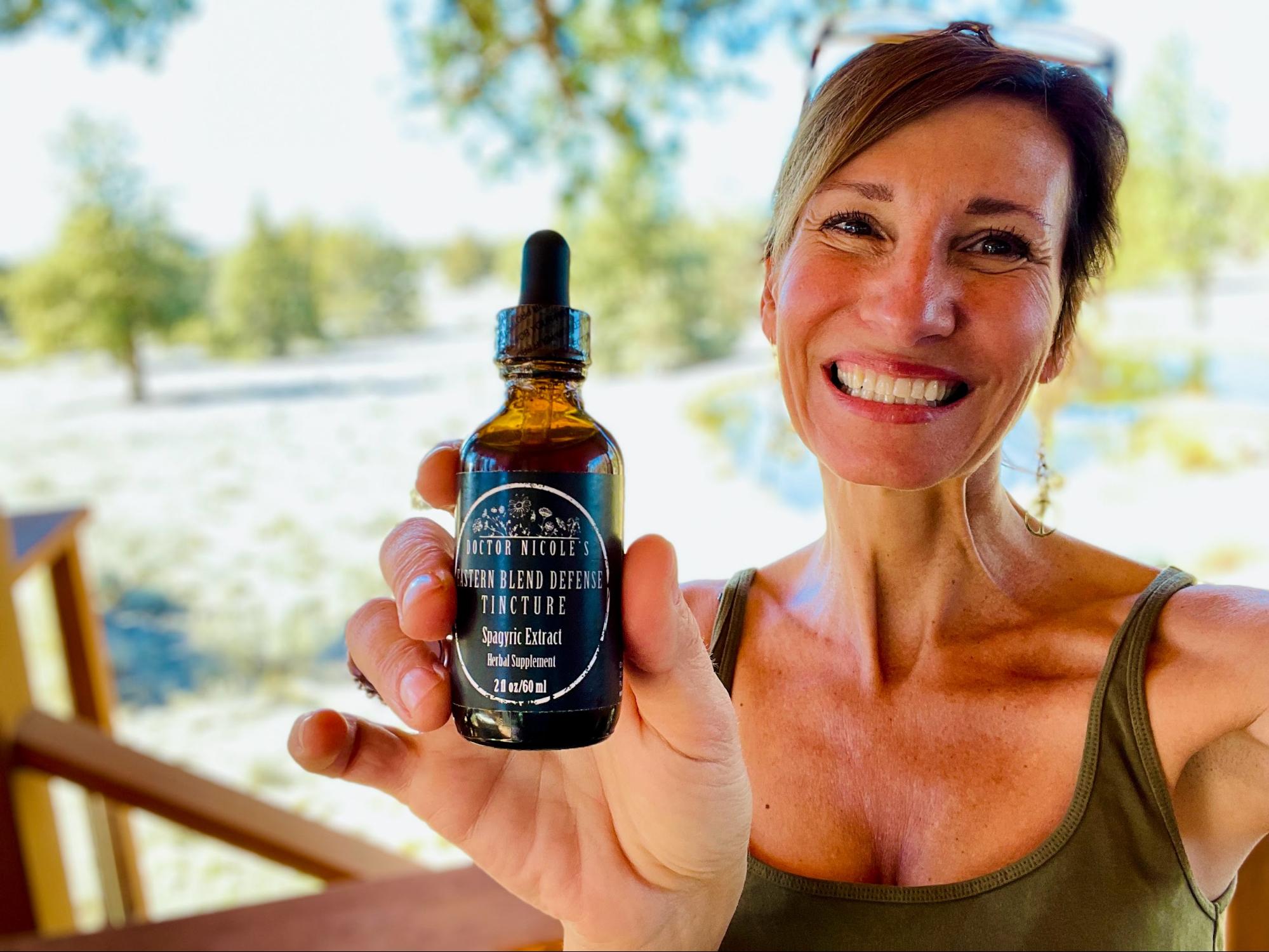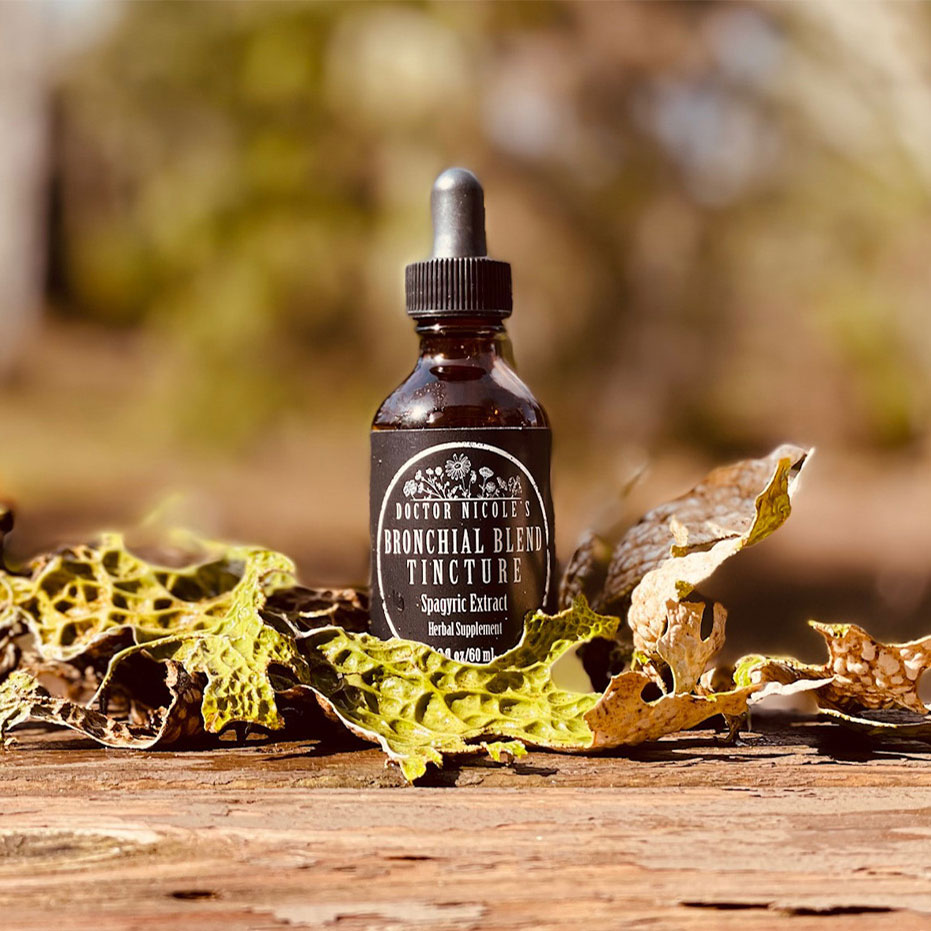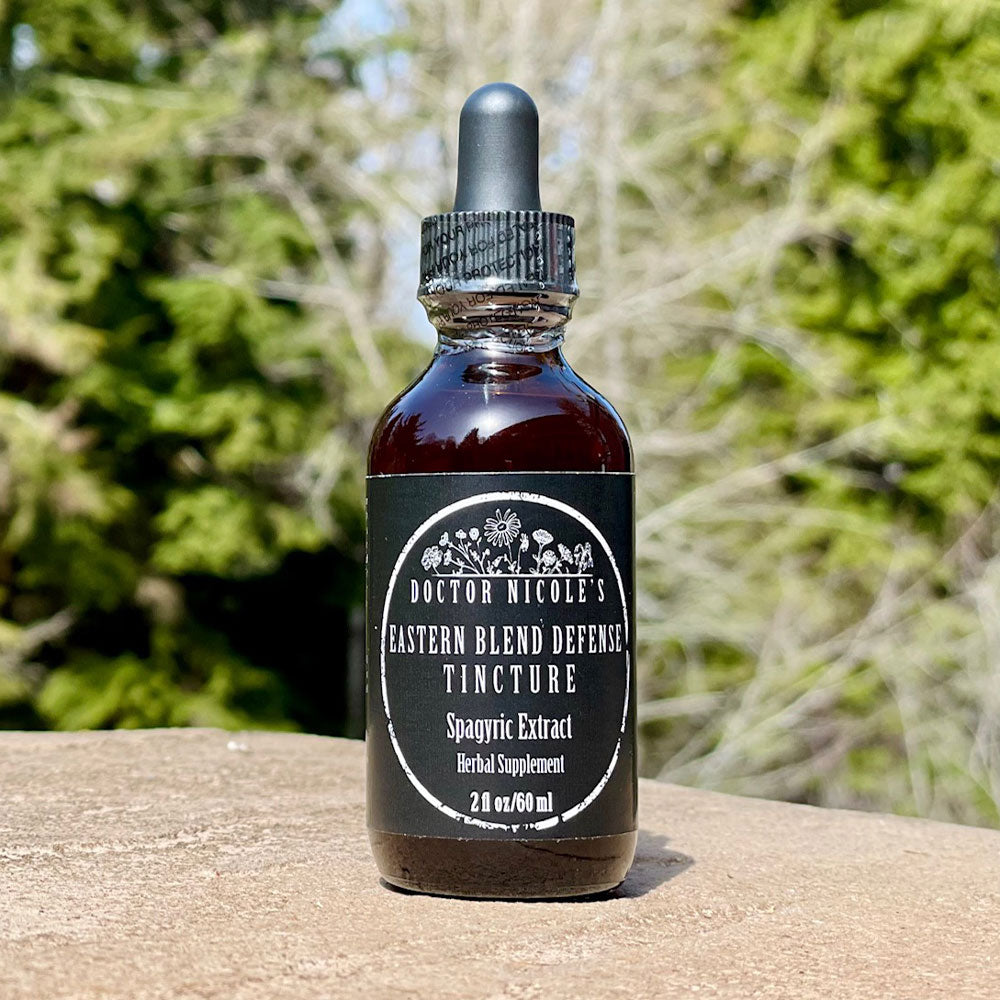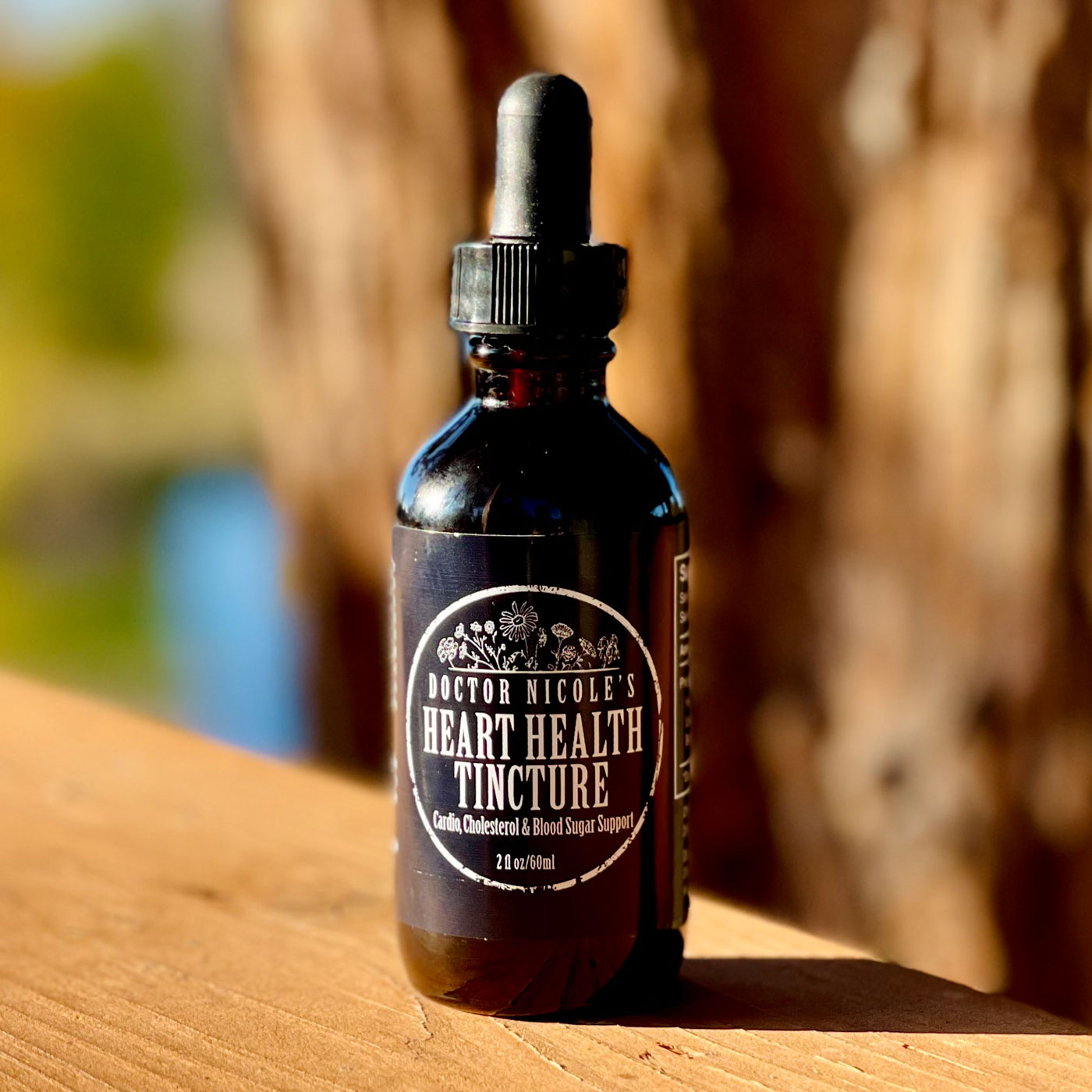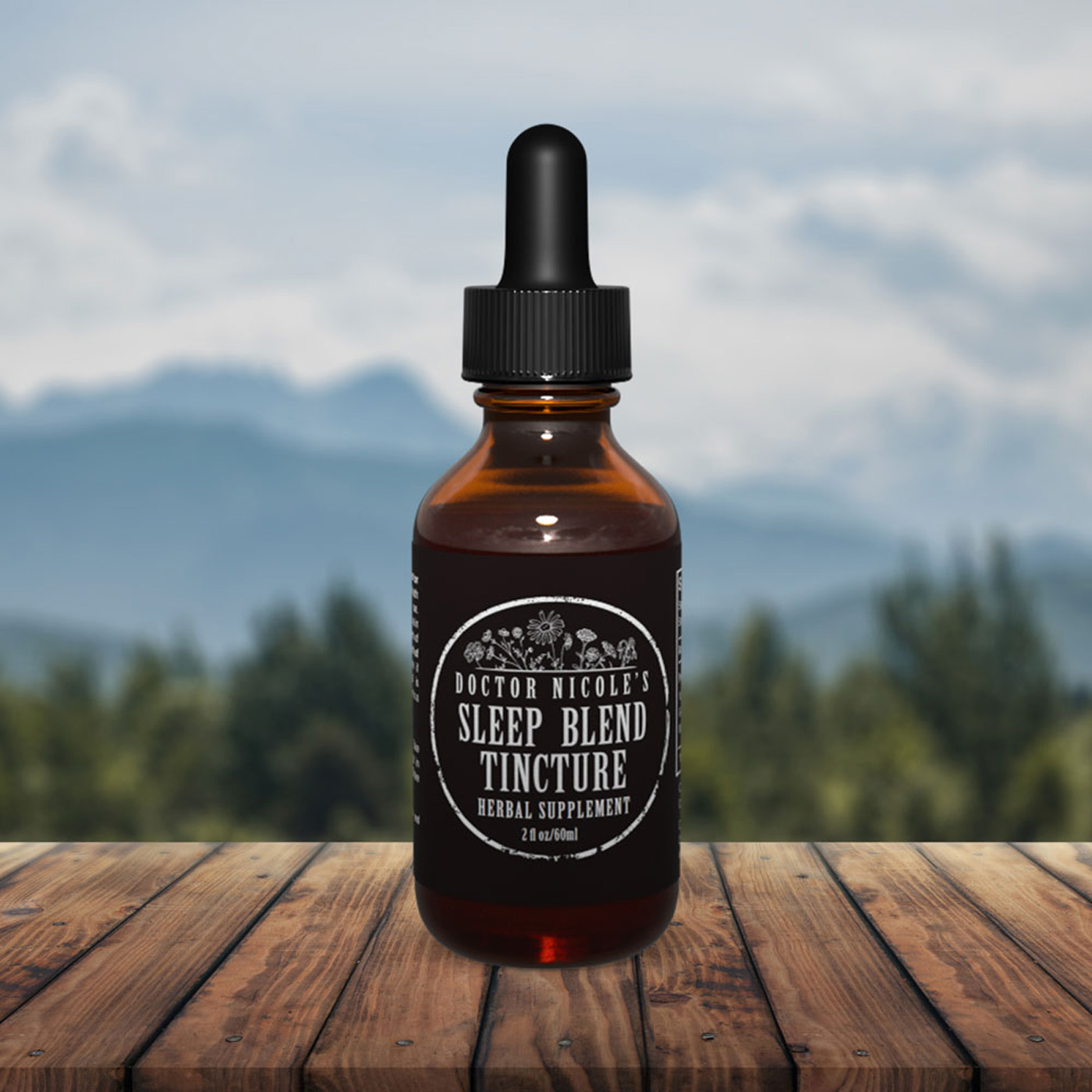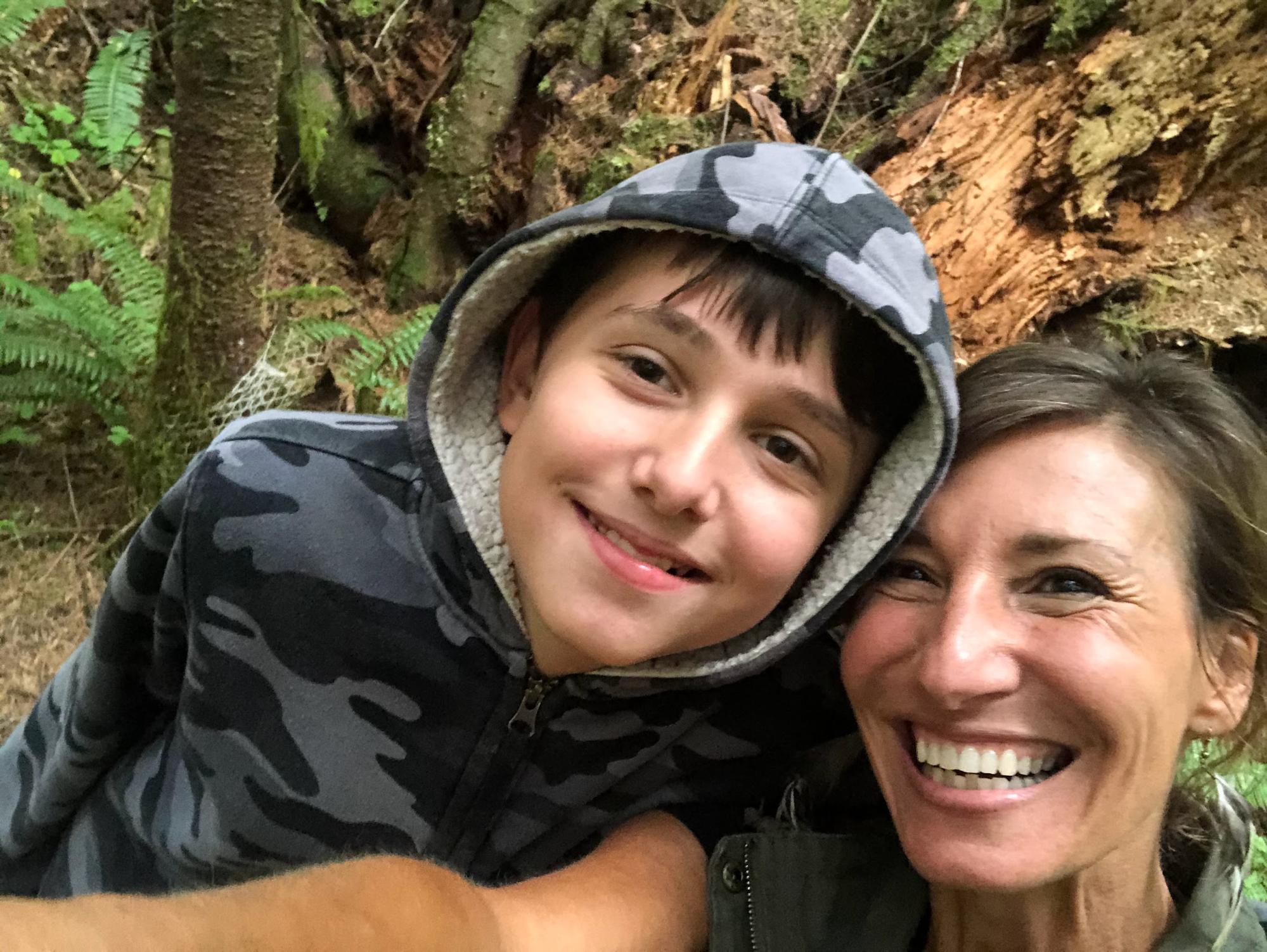Surprising Health Benefits
Whether we are sad, excited, happy, or trying to comfort another, hugs help us to connect with others on a deep level. But hugging one another goes much further than simply a comforting gesture — research has shown that hugs can lower inflammation, boost immunity, reduce stress, improve heart health, encourage better sleep, lower pain, and much more. While we may think of hugs as simple gestures of affection, science reveals they have powerful effects on both body and mind — keep reading to discover these unique health benefits.
A Simple Method to Improve Mental & Physical Well-Being
For many of us, our first days and months of life are spent in the arms of a loving parent or caregiver. This close physical contact early on hardwires us to seek out touch throughout childhood and into our adult lives. The sense of physical connection has a strong biochemical aspect: the production of oxytocin — otherwise known as the “love hormone”. This bonding neurotransmitter is released when we hug one another, receive a massage or healing touch, or pet our pets.
But hugs are not just a feel-good habit — they are also powerful medicine. Here’s why.
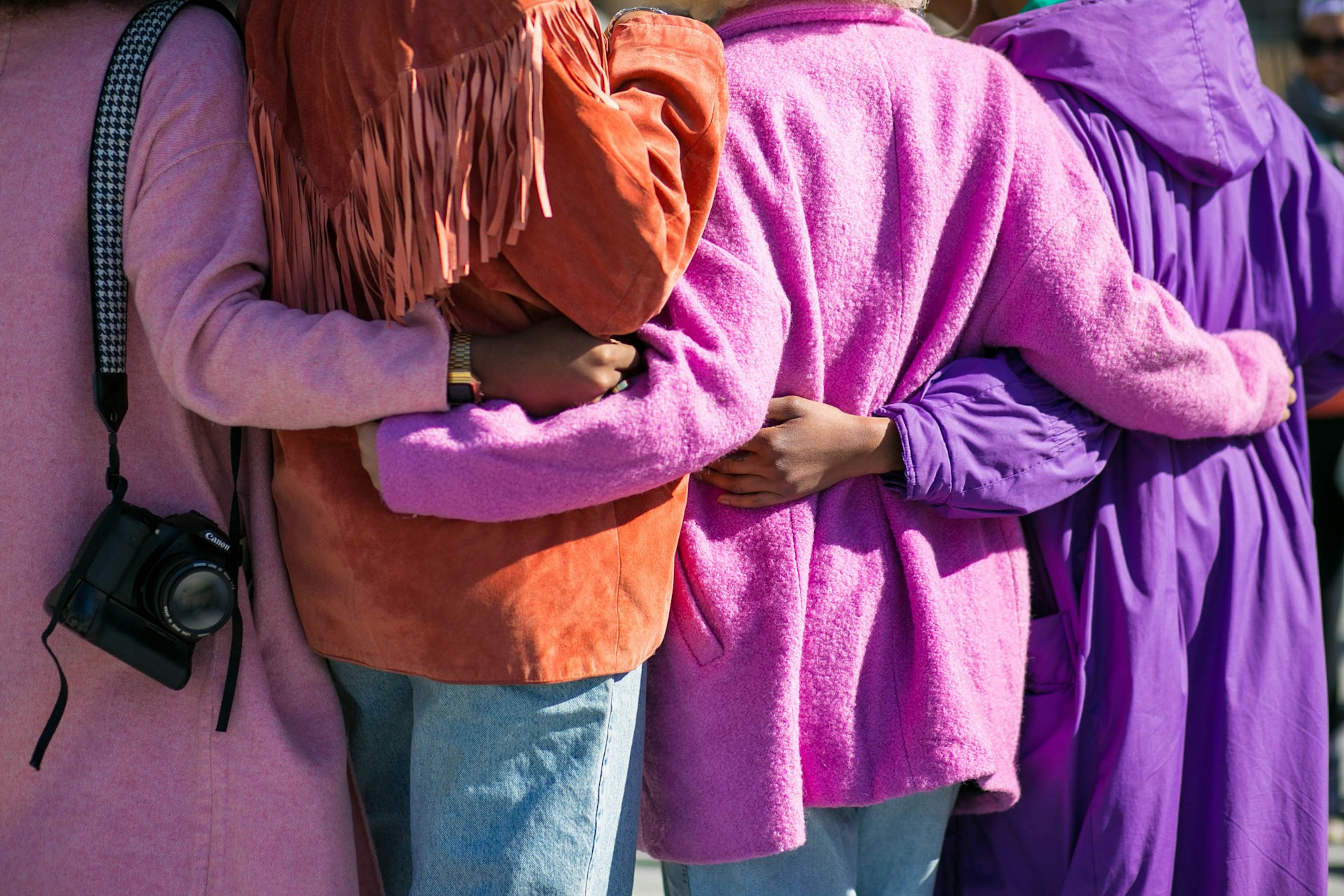
5 Reasons Why We Should Give More Hugs
If you question the power behind a simple hug, have a look at the following science-backed reasons for more hugs every day.
Reduces Inflammation
Did you know that enjoying hugs each day can reduce proinflammatory cytokines? It’s true! Researchers investigated the impact of hugging over the course of two weeks on inflammatory markers. While the cohort was small (20 participants total), the results of their saliva samples showed a distinct advantage of lower inflammation for those who reported engaging in more hugs.1
Improved Cardiovascular Health
A 2023 study found that a 20-second hug helped to lower participants’ blood pressure, which in turn helped to boost heart health.3 The warm contact group had a 10-minute handholding session while watching a romantic film that was followed by a 20-second hug with their partner. The no-contact group rested quietly for 10 minutes and 20 seconds. Researchers then measured their blood pressure before a public speaking event. Those in the warm contact group had lower systolic BP, diastolic BP, and heart rate increases compared with the no contact group. For additional cardiovascular herbal support, see our potent Heart Health Blend in the apothecary.
Reduces Pain
A hug or healing touch can help lower pain too. A study published in the journal Integrative Cancer Therapy found that cancer patients who received physical touch had a lower pain rating and used less non-steroidal anti-inflammatory drugs overall.4
Better Sleep
A hug before bed is one of the best methods for ensuring sound sleep due to its oxytocin-boosting effects. A 2014 study found that low-income women with HIV had less anxiety and better sleep when they had strong social support that promoted the release of this feel-good neurotransmitter. A hug from a loved one helps to decrease cortisol and stress, while also triggering the release of oxytocin for a calming effect that supports more restful sleep. If you need an extra level of support, see my Sleep Blend.
Boosts Immunity, Lessens Duration of Illness
Incredibly, hugging was found to reduce the severity of the common cold. A study involving 404 adults found that “[a]mong infected participants, greater perceived support and more-frequent hugs each predicted less-severe illness signs.”2 What’s more, the same study established that those who received more daily hugs became sick less often.
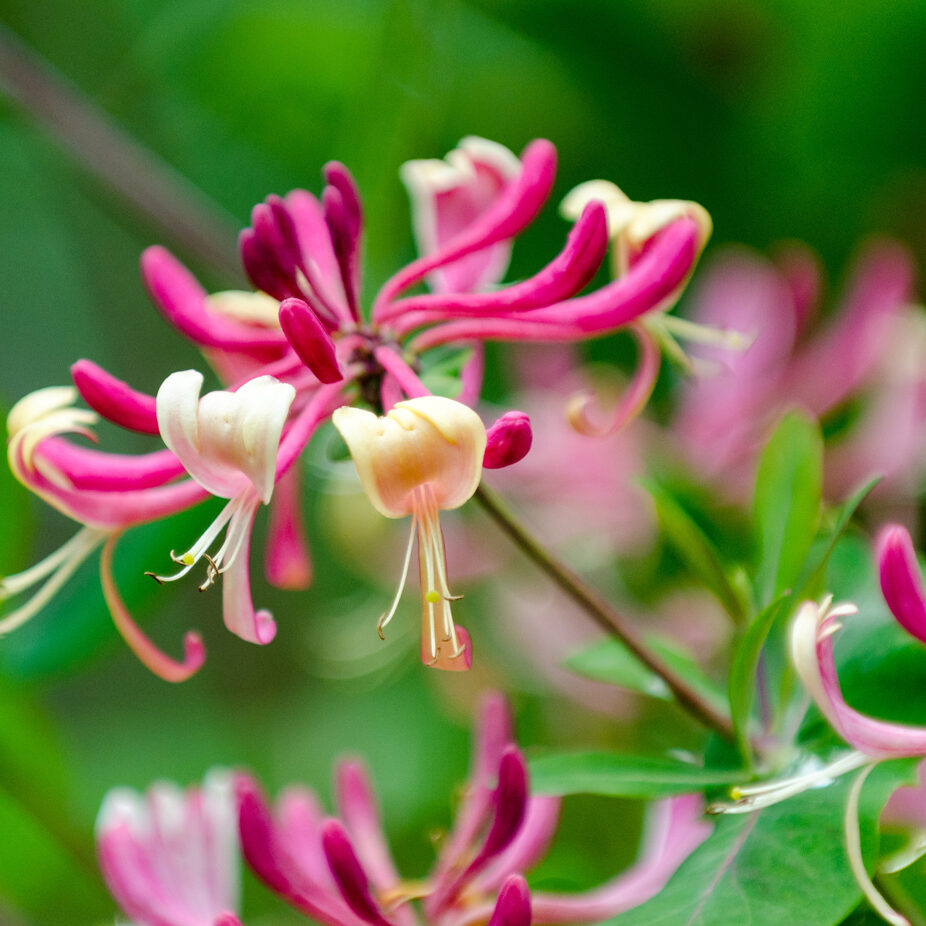
Additional Plant-Based Support
Along with getting plenty of hugs each day, medicinal herbs are an excellent option for boosting and supporting healthy immune function. A few of my top herbs for this purpose include: Chinese skullcap, Japanese honeysuckle, Japanese knotweed, and cordyceps mushroom. Each is included in our powerful Eastern Blend tincture. These research-backed herbs support a wide range of health concerns, support powerful anti-inflammatory action, and promote a more robust immune system. Here are the benefits of each:
CHINESE SKULLCAP
- The baicalin and wogonin content in Chinese skullcap (Scutellaria baicalensis) has been shown to exhibit strong antiviral activity for the support of severe respiratory illness, the common cold, and influenza.6
- Helps with inflammation
- Demonstrates great potential for support of acute lung injury induced by influenza
- Numerous studies have established that Chinese skullcap encourages apoptosis (programmed cell death) of skin, colon, prostate, and bladder cancers.7,8
- Research has shown skullcap also helps prevent the growth and spread of ovarian, breast, liver, pancreas, bone, and colon cancers.9,10,11,12
JAPANESE HONEYSUCKLE
- Demonstrates strong antiviral activity to help aid severe respiratory illness.13
- Assists with bacterial issues, upper respiratory tract infections, and inflammation
- Helps modulate the immune system and increases killer (NK) cells.14
JAPANESE KNOTWEED
- Japanese knotweed contains high concentrations of trans-resveratrol, the active form of the compound most useful to our body. It has strong antioxidant activity and supports the inhibition of viral replication. Studies have shown that resveratrol holds promise as a potent antiviral for the support of severe respiratory infections.15,16
- Assists with bacterial and fungal issues
- Enhances cardiovascular health and helps blood pressure
- Reduces cancer risk
- Promotes strong activity against both growing B. burgdorferi and non-growing stationary phase B. burgdorferi in Lyme disease.17
CORDYCEPS MUSHROOM
- Demonstrates great potential in preventing acute lung injury induced by influenza
- Supports cardiovascular and liver health
- Helps with fatigue
- Support for chronic inflammation
- Cordycepin from C. militaris is thought to help inhibit viral entry and viral replication into the host body’s cells.
- Known to be an antimicrobial
- Research suggests cordyceps helps inhibit the growth of cancer cells, including those of the lung, colon, and liver.18,19,20
My go-to for current times to prevent/treat you-know-what
“Best anti-viral I have found for today’s times. My entire family has been using this. Those of us who use it preventatively haven’t gotten sick (!) and those who got sick got well SOON. We all pair it with Nicole’s Bronchial Blend. This is a hidden gem and we even got this for all of our employees to keep them healthy. Thank you!” -Tracy
Interested in this formulation and many other powerful herbal extracts that can help you to achieve your wellness goals? Stop by my apothecary today!
Nicole Apelian
Nicole’s Apothecary Products in this Post
References
- Van Raalte, L. J., & Floyd, K. (2020). Daily Hugging Predicts Lower Levels of Two Proinflammatory Cytokines. Western Journal of Communication, 85(4), 487–506. https://doi.org/10.1080/10570314.2020.1850851
- Cohen, S., Janicki-Deverts, D., Turner, R. B., & Doyle, W. J. (2014). Does Hugging Provide Stress-Buffering Social Support? A Study of Susceptibility to Upper Respiratory Infection and Illness. Psychological Science, 26(2), 135-147. https://doi.org/10.1177/0956797614559284 (Original work published 2015)
- Grewen KM, Anderson BJ, Girdler SS, Light KC. Warm partner contact is related to lower cardiovascular reactivity. Behav Med. 2003;29(3):123-130. https://doi.org/10.1080/08964280309596065
- Post-White J, Kinney ME, Savik K, Gau JB, Wilcox C, Lerner I. Therapeutic massage and healing touch improve symptoms in cancer. Integr Cancer Ther. 2003;2(4):332-344. https://doi.org/10.1177/1534735403259064
- Fekete EM, Seay J, Antoni MH, et al. Oxytocin, social support, and sleep quality in low-income minority women living with hiv. Behavioral Sleep Medicine. 2014;12(3):207-221. https://doi.org/10.1080/15402002.2013.791297
- Fuzimoto AD, Isidoro C. The antiviral and coronavirus-host protein pathways inhibiting properties of herbs and natural compounds – Additional weapons in the fight against the COVID-19 pandemic? J Tradit Complement Med. 2020 May 30;10(4):405-419. doi: 10.1016/j.jtcme.2020.05.003. PMID: 32691005; PMCID: PMC7260130.
- Ikemoto, S., Sugimura, K., Yoshida, N., Yasumoto, R., Wada, S., Yamamoto, K., & Kishimoto, T. (2000). Antitumor effects of Scutellariae radix and its components baicalein, baicalin, and wogonin on bladder cancer cell lines. Urology, 55(6), 951–955. https://doi.org/10.1016/s0090-4295(00)00467-2
- Zhang, D. Y., Wu, J., Ye, F., Xue, L., Jiang, S., Yi, J., Zhang, W., Wei, H., Sung, M., Wang, W., & Li, X. (2003). Inhibition of cancer cell proliferation and prostaglandin E2 synthesis by Scutellaria baicalensis. Cancer research, 63(14), 4037–4043.
- Pan, Q., Xue, M., Xiao, S. S., Wan, Y. J., & Xu, D. B. (2016). A Combination Therapy with Baicalein and Taxol Promotes Mitochondria-Mediated Cell Apoptosis: Involving in Akt/β-Catenin Signaling Pathway. DNA and cell biology, 35(11), 646–656. https://doi.org/10.1089/dna.2016.3312
- Ma, X., Yan, W., Dai, Z., Gao, X., Ma, Y., Xu, Q., Jiang, J., & Zhang, S. (2016). Baicalein suppresses metastasis of breast cancer cells by inhibiting EMT via downregulation of SATB1 and Wnt/β-catenin pathway. Drug design, development and therapy, 10, 1419–1441. https://doi.org/10.2147/DDDT.S102541
- Motoo, Y., & Sawabu, N. (1994). Antitumor effects of saikosaponins, baicalin and baicalein on human hepatoma cell lines. Cancer letters, 86(1), 91–95. https://doi.org/10.1016/0304-3835(94)90184-8
- Zhang, H. W., Yang, Y., Zhang, K., Qiang, L., Yang, L., Yang, L., Hu, Y., Wang, X. T., You, Q. D., & Guo, Q. L. (2008). Wogonin induced differentiation and G1 phase arrest of human U-937 leukemia cells via PKCdelta phosphorylation. European journal of pharmacology, 591(1-3), 7–12. https://doi.org/10.1016/j.ejphar.2008.06.024
- “COVID-19 (Coronavirus) Herbs Found Effective” HealthCMi: Healthcare Medicine Institute, July 14, 2020. https://www.healthcmi.com/Acupuncture-Continuing-Education-News/2039-covid-19-coronavirus-herbs-found-effective
- Zhou, X., Dong, Q., Kan, X., Peng, L., Xu, X., Fang, Y., & Yang, J. (2018). Immunomodulatory activity of a novel polysaccharide from Lonicera japonica in immunosuppressed mice induced by cyclophosphamide. PloS one, 13(10), e0204152. https://doi.org/10.1371/journal.pone.0204152
- Zhou, X., Dong, Q., Kan, X., Peng, L., Xu, X., Fang, Y., & Yang, J. (2018). Immunomodulatory activity of a novel polysaccharide from Lonicera japonica in immunosuppressed mice induced by cyclophosphamide. PloS one, 13(10), e0204152. https://doi.org/10.1371/journal.pone.0204152
- Lin, C. J., Lin, H. J., Chen, T. H., Hsu, Y. A., Liu, C. S., Hwang, G. Y., & Wan, L. (2015). Polygonum cuspidatum and its active components inhibit replication of the influenza virus through toll-like receptor 9-induced interferon beta expression. PloS one, 10(2), e0117602. https://doi.org/10.1371/journal.pone.0117602
- Feng, J., Leone, J., Schweig, S., & Zhang, Y. (2020). Evaluation of Natural and Botanical Medicines for Activity Against Growing and Non-growing Forms of B. burgdorferi. Frontiers in medicine, 7, 6. https://doi.org/10.3389/fmed.2020.00006
- Bizarro, A., Ferreira, I. C., Soković, M., van Griensven, L. J., Sousa, D., Vasconcelos, M. H., & Lima, R. T. (2015). Cordyceps militaris (L.) Link Fruiting Body Reduces the Growth of a Non-Small Cell Lung Cancer Cell Line by Increasing Cellular Levels of p53 and p21. Molecules (Basel, Switzerland), 20(8), 13927–13940. https://doi.org/10.3390/molecules200813927
- Lee, H. H., Lee, S., Lee, K., Shin, Y. S., Kang, H., & Cho, H. (2015). Anti-cancer effect of Cordyceps militaris in human colorectal carcinoma RKO cells via cell cycle arrest and mitochondrial apoptosis. Daru : journal of Faculty of Pharmacy, Tehran University of Medical Sciences, 23(1), 35. https://doi.org/10.1186/s40199-015-0117-6
- Lee, S., Lee, H. H., Kim, J., Jung, J., Moon, A., Jeong, C. S., Kang, H., & Cho, H. (2015). Anti-tumor effect of Cordyceps militaris in HCV-infected human hepatocarcinoma 7.5 cells. Journal of microbiology (Seoul, Korea), 53(7), 468–474. https://doi.org/10.1007/s12275-015-5198-x


